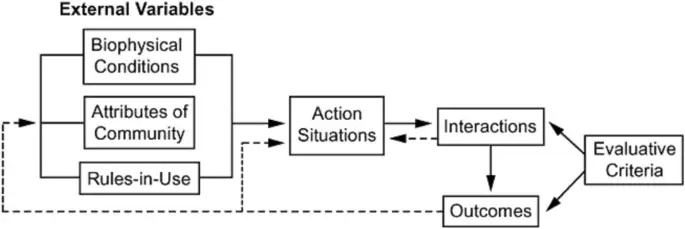Sức khỏe phụ nữ

Women's health encompasses a broad spectrum of physical, mental, and emotional well-being. It is crucial to recognize the unique health challenges that women face throughout their lives, from puberty to menopause and beyond. Ensuring that women are informed about their health is foundational to achieving their best possible quality of life. Women should be aware of various aspects such as reproductive health, hormonal balance, mental well-being, nutrition, and exercise. An informed approach is also essential for preventive care and early detection of potential diseases, which can greatly impact overall health outcomes. Nutrition plays a pivotal role in women's health. A balanced diet rich in vitamins, minerals, and antioxidants helps maintain optimal health. Here are some essential dietary tips: Regular physical activity is paramount for women's health. Engaging in exercise not only helps to manage weight but also enhances mental health. Here are some suggestions for an active lifestyle: Mental health is a vital aspect of overall well-being. Women often face unique stressors that can impact their mental health, making it essential to prioritize self-care. Here are some tips for maintaining mental health: Preventive health screenings are crucial in identifying potential health issues early. Women should schedule regular check-ups and screenings, which can include: Having a supportive network of family and friends is crucial for women's health. Relationships impact emotional well-being and can influence health behaviors. Building strong connections involves: A healthy work-life balance is essential for mental and physical well-being. Here are some strategies to achieve it: Knowledge is empowerment; educating oneself about health-related topics can lead to better health decisions. Women should consider: It is important for women to be attuned to their bodies and recognize any changes that may arise. Listening to your body includes: If you notice any concerning changes in your body or health, it's important to consult with a healthcare professional. Early detection can lead to better outcomes. Health screenings should be done annually or as recommended by your healthcare provider, depending on your age and risk factors. Regular check-ups are key to monitoring your health. Yes, stress can lead to various physical health issues. Managing stress through relaxation techniques, exercise, and supportive relationships is important for overall well-being.Empower Your Well-being: Essential Tips for Women's Health
Understanding Women’s Health
Nourishing the Body
Physical Activity and Its Importance
Prioritizing Mental Health
Regular Health Screenings
Creating a Supportive Environment
The Role of Relationships
Work-Life Balance
Empowerment through Education
Listening to Your Body
Frequently Asked Questions
What should I do if I experience unusual symptoms?
How often should I have health screenings?
Can stress impact my physical health?